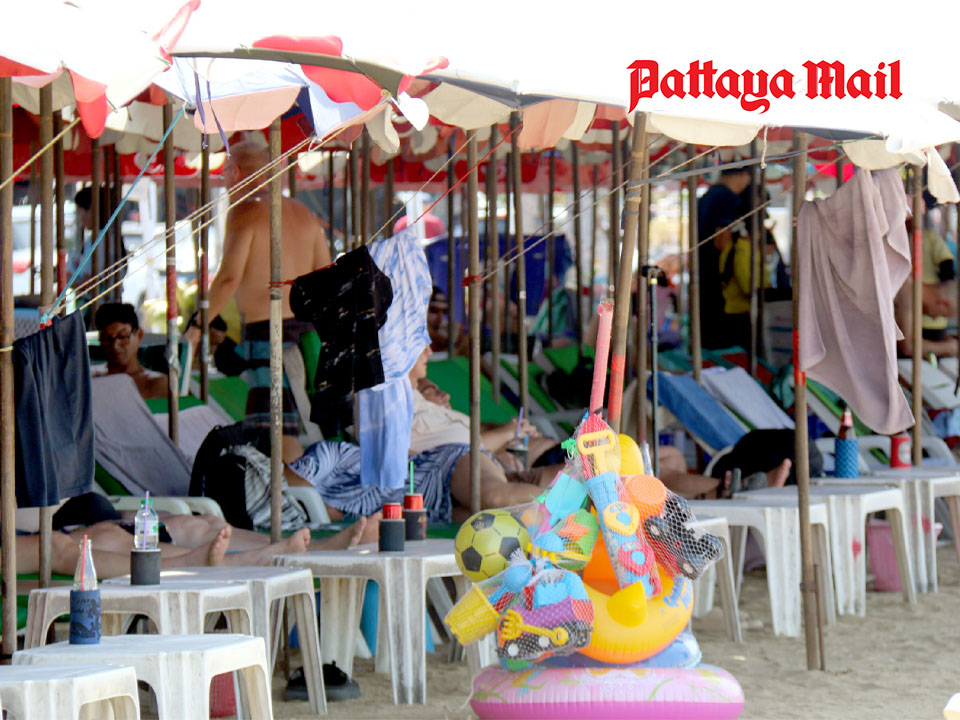
PATTAYA, Thailand – In Pattaya, tea money is a prevalent practice in various sectors, including bars and beach businesses, which have become synonymous with the city’s entertainment and tourism-driven economy. Tea money is often an informal payment given to staff or officials to ensure special treatment or preferential services, though it is neither officially endorsed nor legalized.
In the bar scene, tea money is commonly given to bar girls or managers as a way to secure a better table, avoid crowds, or receive preferential service. It may also be offered in exchange for drinks or experiences that go beyond what is advertised. This practice, while not universal, is ingrained in the local nightlife culture, where many customers, especially tourists, find it an accepted way of navigating the entertainment environment.
Similarly, beach businesses—which include jet ski rentals, beachside cafes, and tour operators—are known to have an unofficial system of tea money. Tourists sometimes pay extra to avoid long lines or secure a premium spot on the beach, while others use it to negotiate better prices or more favorable terms for services like boat rides, jet ski rentals, and other activities. For example, an extra payment might ensure a better jet ski, a better parking spot, a quicker service, or a safer spot on the beach.
This practice is more prevalent in high-traffic tourist areas like Pattaya Beach, where both bar owners and beach businesses rely heavily on tourism. While the extra money is sometimes seen as a way of showing appreciation for good service, it can also perpetuate corruption and exploitation, especially when the service providers are under pressure to ensure their livelihoods amidst a competitive, informal economy.
Authorities in Pattaya are aware of these practices and have taken steps to reduce corruption by cracking down on illegal activities like unlicensed jet ski rentals and other unauthorized beach services. However, tea money remains a gray area in the city’s largely informal business sectors. This system is not only a reflection of the interplay between local customs and tourism demands but also an indication of the challenges that arise when regulating an informal economy.
In summary, tea money is a feature of Pattaya’s entertainment and beach business sectors, where both tourists and service providers engage in informal exchanges to ensure better service or avoid official procedures. It highlights the informal nature of many tourism-based businesses in the region, creating a complex dynamic that the authorities continue to address.










